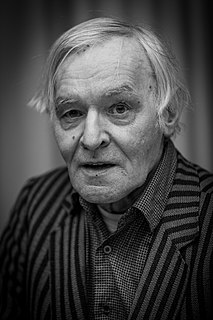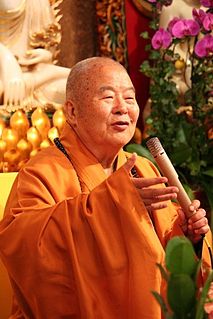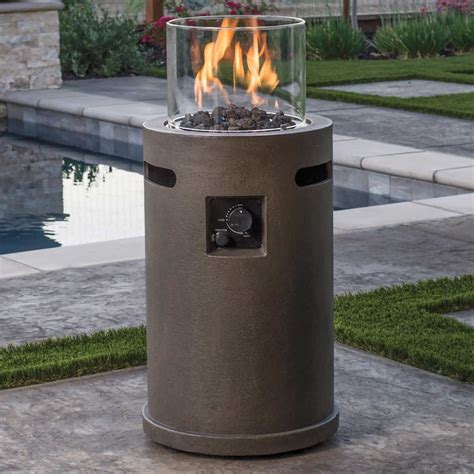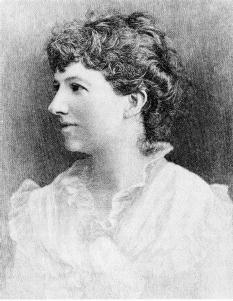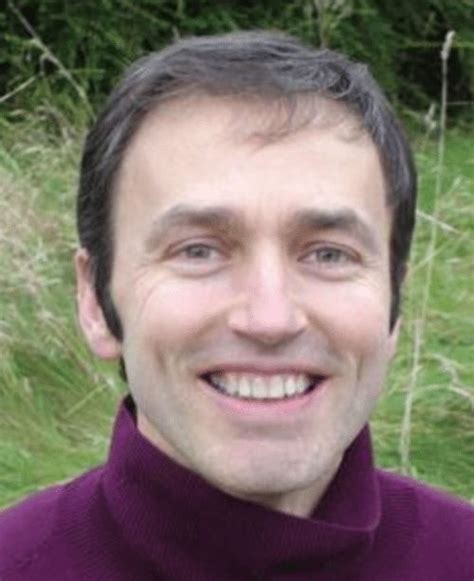A Quote by Guillaume Faye
Today it is not a matter of ‘conserving’ the present or returning to a recent past that has failed, but rather of regaining possession of our most archaic roots, which is to say those most suited to the victorious life.
Related Quotes
My concern today is with the painting of manners of the present. The past is interesting not only by reason of the beauty which could be distilled from it by those artists for whom it was the present, but also precisely because it is the past, for its historical value. It is the same with the present. The pleasure which we derive from the representation of the present is due not only to the beauty with which it can be invested, but also to its essential quality of being present
For the past several generations we've forgotten what the psychologists call our archaic understanding, a willingness to know things in their deepest, most mythic sense. We're all born with archaic understanding, and I'd guess that the loss of it goes directly along with the loss of ourselves as creators.
Our present educational systems are all paramilitary. Their aim is to produce servants or soldiers who obey without question and who accepts their training as the best possible training. Those who are most successful in the state are those who have the most interest in prolonging the state as it is; they are also those who have the most say in the educational system, and in particular by ensuring that the educational product they want is the most highly rewarded.
The power of perpetuating our property in our families is one of the most valuable and interesting circumstances belonging to it, and that which tends most to the perpetuation of society itself. It makes our weakness subservient to our virtue; it grafts benevolence even upon avarice. The possession of family wealth and of the distinction which attends hereditary possessions (as most concerned in it,) are the natural securities for this transmission.
The advances of biology during the past 20 years have been breathtaking, particularly in cracking the mystery of heredity. Nevertheless, the greatest and most difficult problems still lie ahead. The discoveries of the 1970's about the chemical roots of memory in nerve cells or the basis of learning, about the complex behavior of man and animals, the nature of growth, development, disease and aging will be at least as fundamental and spectacular as those of the recent past.
Combining in our survey then, the whole range of deposits from the most recent to the most ancient group, how striking a succession do they present:- so various yet so uniform-so vast yet so connected. In thus tracing back to the most remote periods in the physical history of our continents, one system of operations, as the means by which many complex formations have been successively produced, the mind becomes impressed with the singleness of nature's laws; and in this respect, at least, geology is hardly inferior in simplicity to astronomy.
Most people have learned to live in the moment. The argument goes that if the past has uncertain effect on the present, there is no need to dwell on the past. And if the present has little effect on the future, present actions need not be weighed for their consequence. Rather, each act is an island in time, to be judged on its own. ... It is a world of impulse. It is a world of sincerity. It is a world in which every word spoken speaks just to that moment, every glance given has only one meaning.
We should avoid being backward-looking, concerned with restoration and reaction, for it is the last few centuries that have spawned the pox that is now devouring us.
It is a matter of returning to archaic and ancestral values, while at the same time envisioning the future as something more than the extension of the present.
